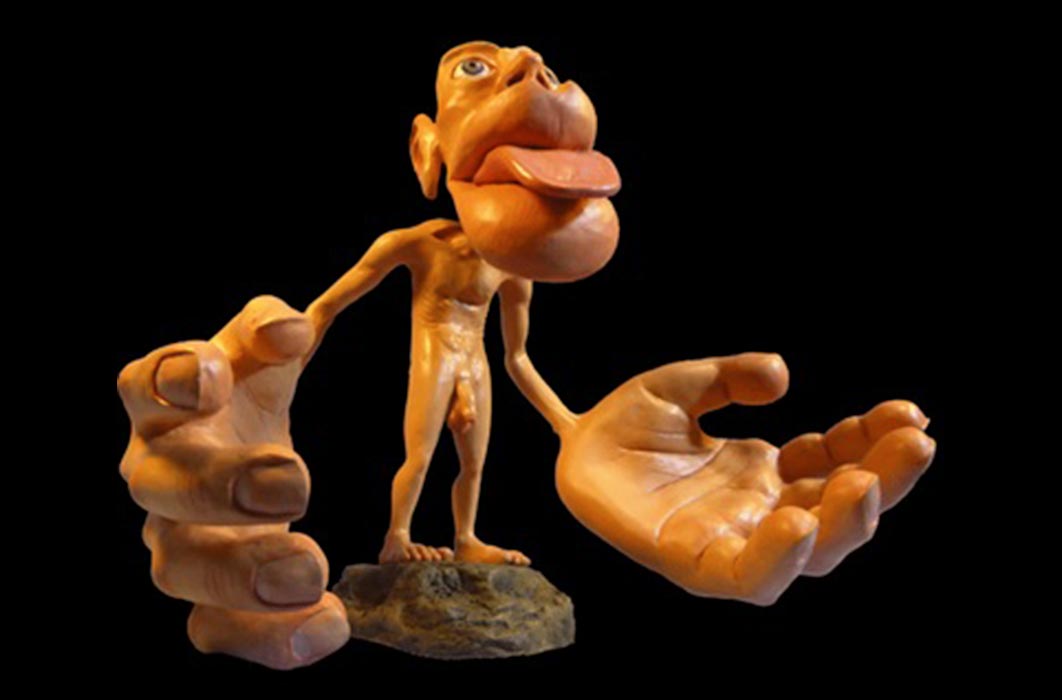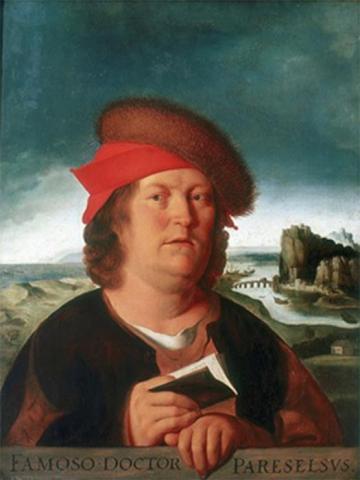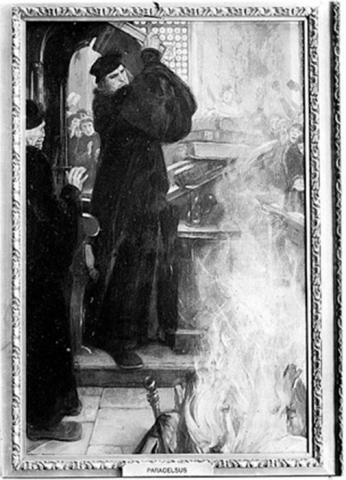
Ancient Alchemists and Modern Scientists: In Search of Creating the Homunculus
To mimic the Creator and create life ex nihilo – almost from nothing – has been the ambition of some men, none more so than Philip Theophrastus Bombast von Hohenheim (1493 - 1541), a 16th-century doctor and alchemist, better known as Paracelsus, whose ego almost surpassed his desire to create life, as he deemed himself the equal match of his Creator.

The Louvre copy of the lost portrait by Quentin Matsys, source of the iconographic tradition of "fat" Paracelsus (Public Domain)
Call Him Homonculus
Paracelsus’ script De Natura Rerum (1537) outlines his method for creating homunculi: “That the sperm of a man be putrefied by itself in a sealed cucurbit for 40 days with the highest degree of putrefaction in a horse's womb, or at least so long that it comes to life and moves itself, and stirs, which is easily observed. After this time, it will look somewhat like a man, but transparent, without a body. If, after this, it be fed wisely with the Arcanum of human blood, and be nourished for up to 40 weeks, and be kept in the even heat of the horse's womb, a living human child grows therefrom, with all its members like another child, which is born of a woman, but much smaller.”
Undoubtably, one would not be able to recreate the mysterious Homunculus, even if one followed Paracelsus’ recipe to the letter. However, this would not have deterred Paracelsus who attributed an intellectual and cultural superiority to himself, far beyond his namesake, that of the great doctor and naturalist, Aulus Cornelius Celsus, (25 BC – 50AD), author of De Medicina, a first-century medical treatise.

Paracelsus burning the books of the Fathers of Medicine by Ernest Board (1526) (Wellcome Images /CC BY-SA 4.0)
But who was Paracelsus? Philippus Aureolus Theophrastus Bombastus von Hohenheim, better known as Paracelsus, was born in Einsiedeln in 1493. His father, Wilhelm von Hohenheim, Grand Master of the Teutonic Order, studied medicine at the University of Tubinga. Paracelsus dabbled in alchemy and astrology, but he graduated in medicine from the University of Ferrara. Paracelsus' inflated ego often clashed with those of his colleagues, an ego consistent with his middle name, Bombastus, deriving from the English term ‘bombastic’, meaning 'arrogant and full of himself'. Paracelsus never missed an opportunity to antagonize his colleagues with unflattering words:
"Know, doctors, that my beard has more experience than all your universities, the thinnest hair on the back of my neck knows more than all of you, my shoe buckles are more wise than your most famous wise men!"
Paracelsus enjoyed a very eventful existence, characterized by wanderings between Italy, Spain, Germany, England, Sweden, Russia and Poland. His fame - in spite of the disastrous temper tantrums when he was contradicted by colleagues, whom he considered incapable, as well as the episode in which he publicly burnt the 'sacred texts' attributed to Avicenna and Galen – resulted in him being appointed the Chair of Medicine at the University of Basel.




